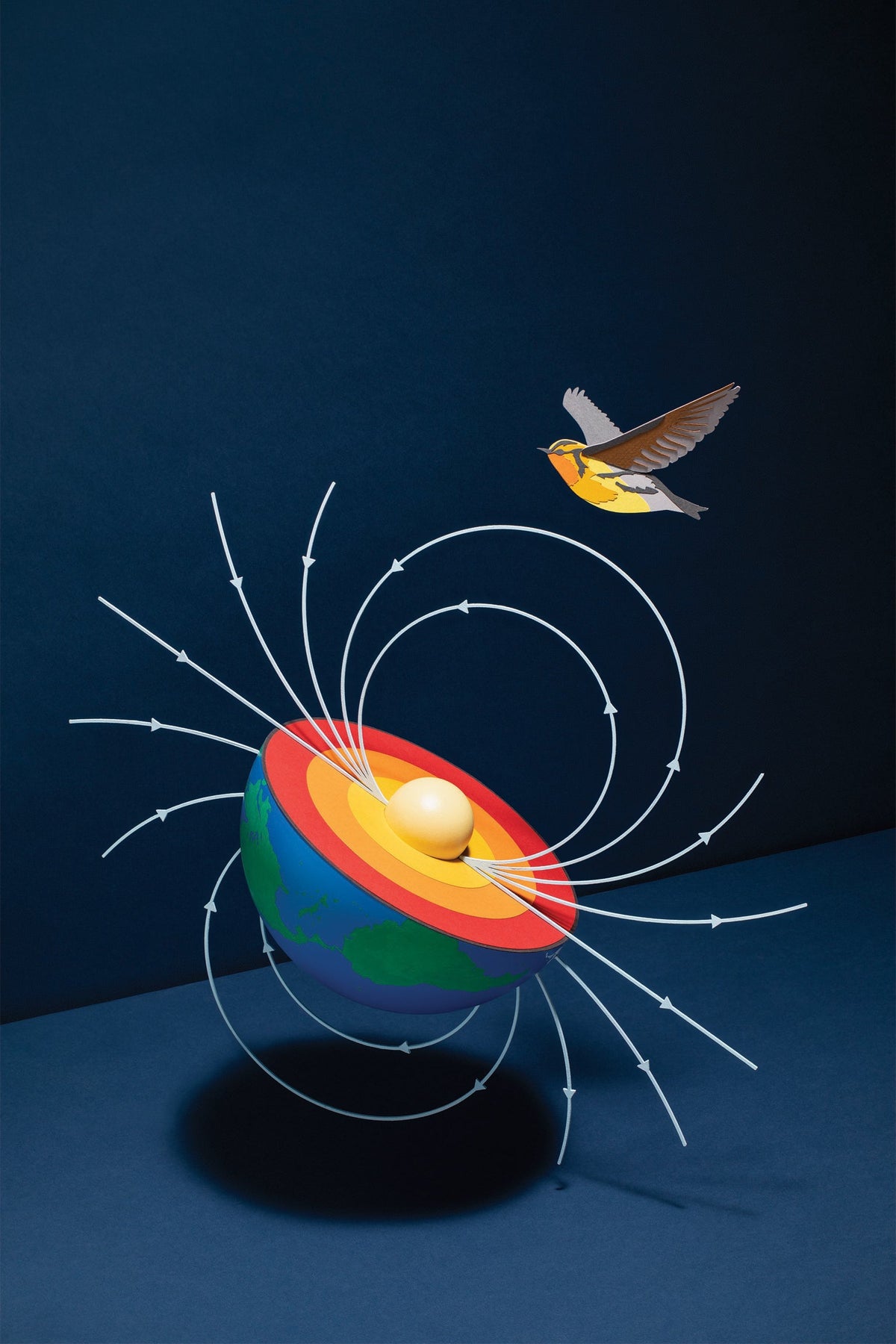God coming down and performing miracles would be a good solid proof (not talking about Jesus and his second coming). Don't say that Jesus has already done so, even if he did all that it's still 2000+ years ago and it's not a proof for people in this age... Why doesn't he came down in these times and open our eyes?
I am actually writing a short story on this. What do you suppose would happen if God decided to give us proof via an undeniable miracle. Let's say a new Moon appears in the sky with a big cross on it. It is a bit larger than our Moon in the sky, and can be seen during the day as well.
Well, what would happen? No doubt, there would be some sort of initial jump in church attendence and conversions, but how long would this last? Wouldn't future generations come to see the new Moon as completely banal.
Further, those of other faiths could still deny this of evidence of Christianity. After all, this would be a finite work, possibly the work of a demon, but not a direct sign of the infinite God (Allah, etc.).
And perhaps God had nothing to do with it. This hypothesis would emerge soon enough. After all, a cross is a common enough shape. Could it have been aliens? A wormhole?
No doubt, we would eventually send probes up to the new Moon and discover what it was made of. We would get new theories about wormholes. It could be explained in so many ways.
Neither would a giant cross in the sky answer questions about interdenominational doctrine. How does it help us decide between Catholicism, Coptic Christianity, Mormonism, Calvinism, etc.?
It seems to me that the only miracles God good preform that answer all our doubts would totally remove our freedom.
Consider also that God may want man to believe freely. Not individual men mind you, but "man" in a collective, corporate sense. This means exploring our faith in depth, the work of theology, philosophy, and science that has gone on for millennia. In this way, man as a whole becomes more self-determining, more free, as man is more "self-moving" and "self-caused," rather than just an effect.
That is, God wants living followers, not mere effects of his cause, not dead idols who must have their love breathed into them. This is why I think Christ says that it is better that we believe without having seen miracles (John 4). Such a faith is stronger, less contingent on that which lies outside of us. Christ taught in parables, some quite complex, because he sought active followers who would contemplate the divine, not automata being fed rules.
So, the pluralism of the world may have a purpose. Why so many denominations? Why millennia of philosophical and theological debate? Because God works through history. Most of the Bible is history, not law or rules. Self knowledge requires questioning, the dialectical progression of history towards man's greater understanding and freedom, a freedom that is fulfills people's authentic selves when they choose God.
But we live in a very individualist culture. We are unable to accept that peoples, historical movements, etc. could be part of God's work in the world. And in this, pluralism leads to schism and doubt. Plenty of times I have heard Christians professing views that only a tiny minority of all self-proclaimed Christians have ever held as the "absolute truth," and that all who disagree simply "lack the Holy Spirit and only worship themselves." IMHO, this simply marks a state of spiritual immaturity, one some people must suffer through.
Truth is a complex idea. To think we never have to examine it is to beg of God a miracle that we be given all the knowledge 2,000 years of the faithful have never fully held.







